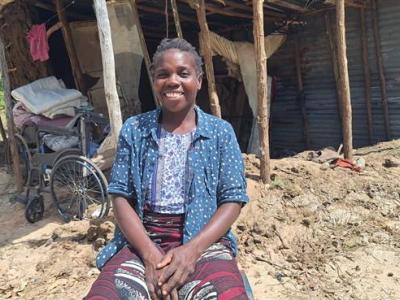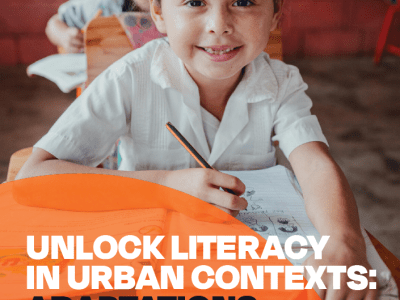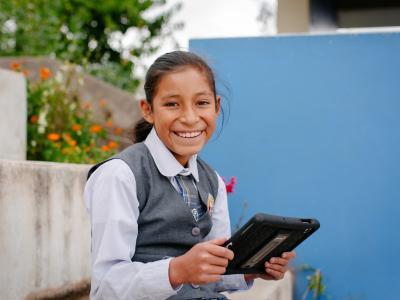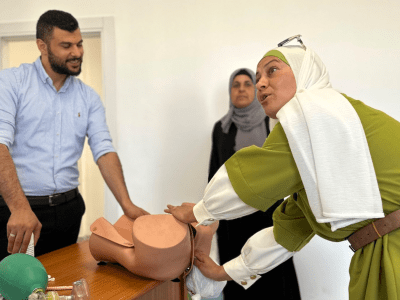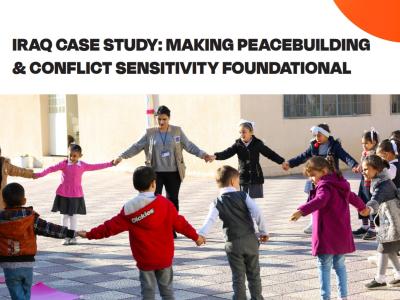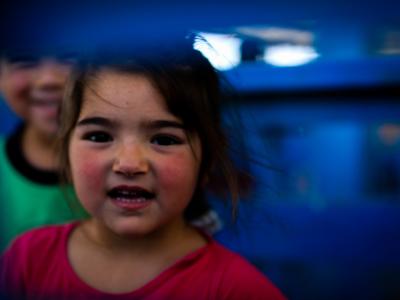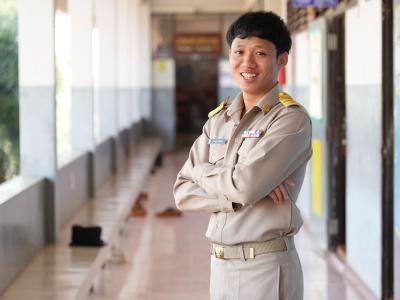article / February 19, 2026
After the Flood in Guijá, Mozambique: Constância’s Story of Rebuilding
After devastating floods in Mozambique, Constância, a mother with a disability, relies on World Vision for emergency aid and recovery.
publication / January 8, 2026
Unlock Literacy in Urban Contexts: Adaptations, Lessons, and Implications
Unlock Literacy boosts children’s reading in fragile urban settings through flexible, inclusive models, local partnerships, and adaptive learning approaches.
opinion / February 9, 2026
Are we making online safety laws for children without listening to them?
Why many online safety policies struggle to deliver the safer and fairer digital environments that children say they need.
opinion / February 19, 2026
Justice begins when no child goes hungry
A society that allows children to go to bed hungry violates not only economic logic, but basic human rights.
article / February 19, 2026
Strengthening Emergency Delivery Care in the West Bank: 121 Health Workers Trained Against All Odds
In August 2025, World Vision, in close partnership with the Ministry of Health (MoH), delivered a three‑week Emergency Delivery Training programme, equipping 121 nurses, doctors, and midwives with the skills needed to respond to maternal and newborn emergencies.
publication / October 23, 2025
Iraq Case Study: Making Peacebuilding & Conflict Sensitivity Foundational
This case study demonstrates how World Vision Iraq has reframed peacebuilding as a cross-cutting driver of the Humanitarian–Development–Peace Nexus.
article / February 10, 2026
Online Safety Day: Helping children navigate artificial intelligence and social media safely
World Vision Iraq highlights how parents, schools, and communities can support children’s online safety amid social media and AI.
article / February 4, 2026
From a Childhood of Separation to a Life of Purpose
A dream sustained through sponsorship, growing into a commitment to educate and serve the nation.
